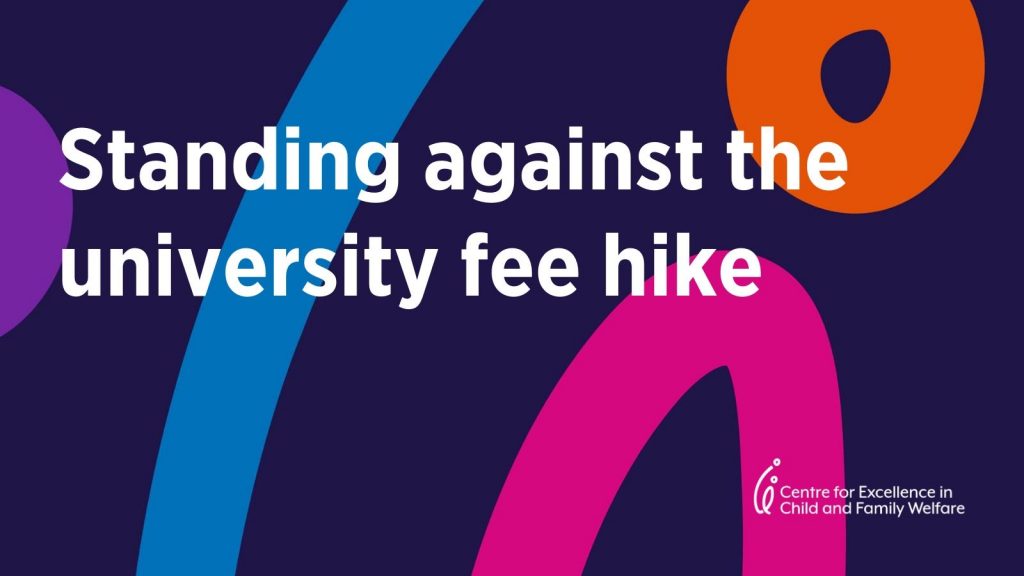For many, the COVID-19 pandemic has redefined just how much we value our health and the people in health and service support industries. Workforces that for decades were in the background supporting the wellbeing of the community have now been redefined as ‘essential.’
A critical part of Australia’s pandemic response has been the mobilisation of not just the social services, but also the community and the child and family services sector to support people. Together, they have responded to the needs of children and their families affected by the pandemic either directly or economically, often filling the gaps left by other services.
Given the backdrop of the pandemic, the Federal Government’s decision to increase fees to students studying a social work degree, which is foundational across the community and child and family services sector, by 113 per cent to $14,500 a year is at odds with community need and the future proofing of this workforce.
Research shows that the demand for social workers has never been greater. In 2018-19, 95 per cent of all graduates were employed by May of the following year. The Australian government’s own workforce projections released in 2019 are compelling – 29 per cent more social workers will be required between 2019 and 2024, on top of the significant growth in the demand for social and support workers we’ve seen over the past five years.
Social and community service careers are lifelong. It’s a proud profession that starts with the fact that students who graduate from these degrees are often the first from their family to go to university. Being a lifelong vocation means many people spending decades in the industry. They are highly skilled, highly educated and yet their paycheck usually does not reflect the value they bring to the community. Workers in these sectors genuinely love their work and the positive impacts they can make.
The Federal Government’s decision also goes against supporting people experiencing violence. The Victorian Family Violence Royal Commission was firm in its recommendation that those who worked with the most vulnerable members of our community required a social work degree, or degree of equivalent standing.
The price hike creates even more inequality between those who could and couldn’t undertake study by directly disadvantaging students from lower socio-economic backgrounds that would be more severely impacted by the enormous increase. According to an analysis by the Academy of the Social Sciences, two-third of CEOs of ASX200 companies hold a degree in social sciences. The same applies to 62% of government senior executives and 66% of Federal Parliamentarians.
COVID has shown that we cannot take our health and health and community workers for granted. This decision is shortsighted and will have long term impacts not just on the workforce, but also the community they work their whole lives to support.
Deb Tsorbaris, Chief Executive Officer, Centre for Excellence in Child and Family Welfare






